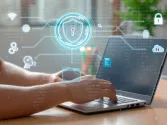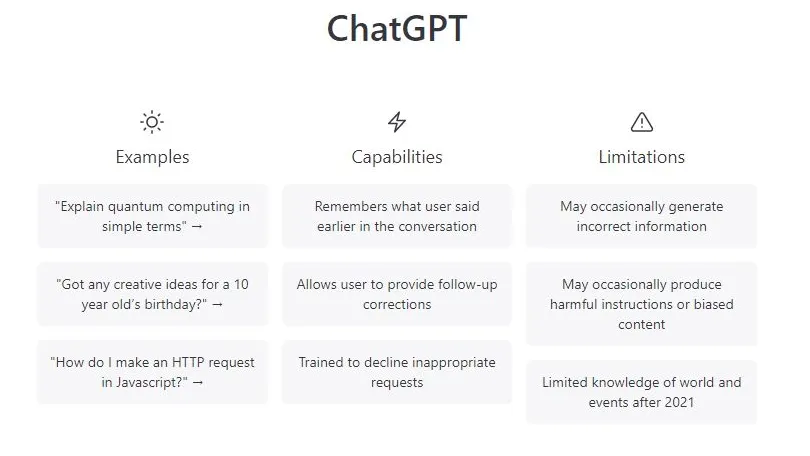
How ChatGPT can change healthcare sector
The AI chatbot has the potential to change healthcare, GlobalData said.
AI chatbot ChatGPT has been hogging the headlines across every industry and even the healthcare sector may find potential uses for it, analytics firm, GlobalData, said.
Tina Deng, principal medical devices analyst at GlobalData, said ChatGPT can be used to assist physicians with bureaucratic tasks such as writing patient letters so doctors can spend more time talking to patients.
The chatbots also have the potential to increase accuracy and effectiveness on “processes for preventive care, symptom identification, and post-recovery care,” said Deng.
AI integration into chatbots and virtual assistants can motivate and interact with patients.
AI can review a patient’s symptoms and then recommend diagnostic advice and different options like virtual check-ins or face-to-face visits with a healthcare professional, GlobalData said.
These processes can reduce the workload for hospital staff, increase the efficiency of patient flow, and cut healthcare costs.
“Chatbots have been developed for contactless screening of COVID-19 symptoms in healthcare institutions and to help answer questions from the public,” GlobalData said.
Chatbots can also respond patient’s questions about medical products and share brand news with customers.
Pharmaceutical and medical device firms can benefit from using AI-enabled virtual agents to automate customer service procedures and give patients round-the-clock attention.
GlobalData predicts that the total AI market will be worth $383.3b in 2030, with a 21% compound annual growth rate (CAGR) from 2022 to 2030.
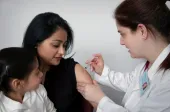
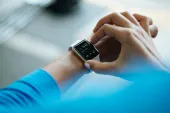
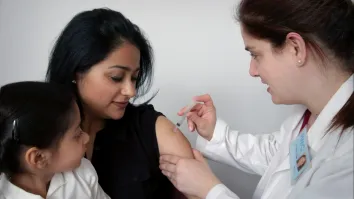

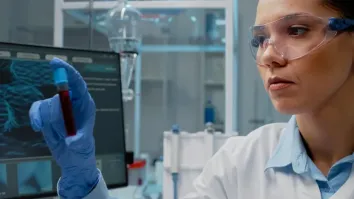
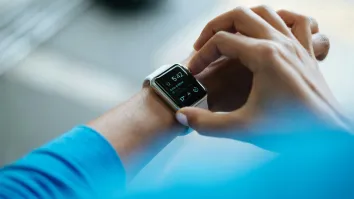













 Advertise
Advertise


